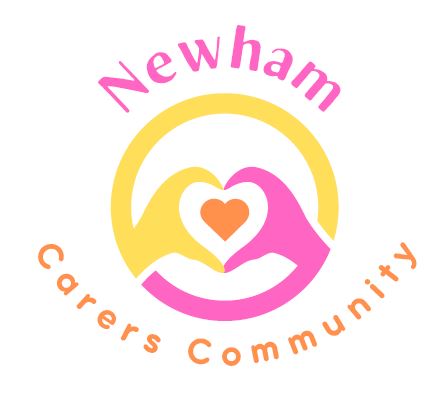What is a carer?
A carer is someone who helps another person, usually a relative or friend, in their day-to-day life. This is not the same as someone who provides care professionally, or through a voluntary organisation (Care Act 2014).
The person supported may not be able to cope without the support of the carer due to:
- Illness
- Disability
- Mental health issues
- Substance misuse problems.
The carer does not get paid for providing support.
When people need support with their day to day living, most of the time they will turn to their family and friends. Mutual caring is when two people look after each other.
Caring responsibilities can arise unexpectedly or can develop gradually over time and whilst it can be rewarding, it can also be challenging.
Many carers often put their own lives on hold to provide care and support to someone close to them, this may impact their:
- Health and wellbeing
- Relationships
- Employment opportunities
- Finances
- Social and leisure activities.
Not all carers relate to or accept the term ‘carer’ and may view their caring responsibilities as part of another role, such as that of a:
- Partner / spouse
- Parent
- Child
- Friend
Types of carers
Carers First have put together a short video to show what being a carer looks like to different types of carers.
Adult carers
Anyone aged 18 and over. Caring for another adult who may be their:
- Spouse
- Parent
- Partner
- Friend
- Neighbour
- Relative.
Parent carer
A parent or guardian who provides care to child to a degree greater than would be normally expected in a parenting role.
Sandwich carers
Those with caring responsibilities for different generations, for example both children and parents.
Young adult carer
An adult aged between 18 and 25 who is caring for another adult or child.
Young carers
A child or young person who provides regular, ongoing care and emotional support over and above "helping out".
Former carer
Those that have ceased their caring role, usually as a result of a change in condition of the cared for individual. This may include a cared for individual's:
- Death
- Recovery to the point of no longer requiring a carer
- Carer wanting/having to stop providing informal care.

